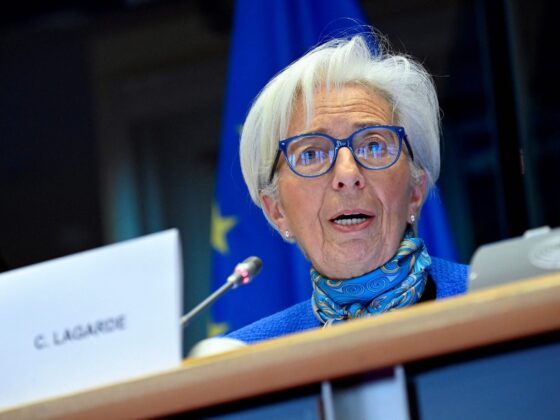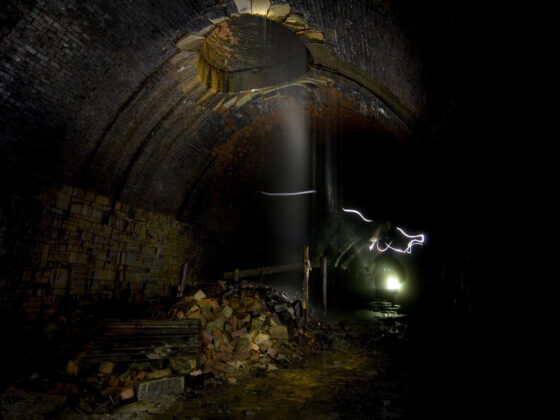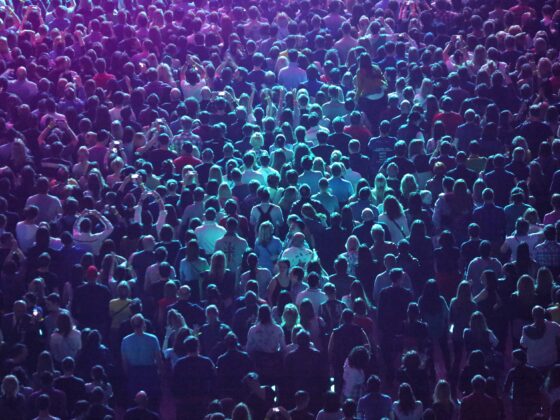An England of curfews, timed travel restrictions, limits on the number of people that can gather for a party in a private home…
All of that must have seemed utterly absurd 17 years ago, which is maybe why I was unable to find anyone willing to turn my 47 Random Fragments of Unauthorised Hope and Despair into a book.
In those pre-Winter Oak days, the only option was to post it on the website of a rabble-rousing local newsletter, where it remained until the site disappeared.
Today, re-reading the work, now available as a free pdf book, the aspects that seem most unreal to me are those which at the time reflected my real life.
I hear the distant voice of a previous me, who was a married man, living in Sussex, England, and working as a professional journalist.
On the other hand, the nightmare future I described is uncannily familiar, as the Covid softening-up turns into a full-spectrum 2020s techno-totalitarian coup, in which we are to be herded into smart prisons under the false flag of fighting climate change.
Random Fragments was no prophecy, of course. Many of the details have not come true: “universal compulsory dream-monitoring” still does not seem to be a thing, for instance…
More generally, I envisaged the post-9/11 “terrorism” bugbear still being the system’s fear-weapon of choice, rather than viruses or the weather.
Rather than predicting anything, I was merely extending into a fictional future a process that I had watched unfolding over the years and which the likes of Aldous Huxley and George Orwell had already identified many decades previously.
This future is described by means of “fragments” written in different styles and from different imagined perspectives.
While most take the vantage point of those subjected, and standing up, to the tyrannical system, others are presented in the words of the oppressors, occasionally with dark irony.
Several showcase the insidious role of journalists in normalising this corporate-totalitarian dystopia and in discrediting dissidents.
Fragment 40, for instance, consists mainly of an imagined sneering description of pro-freedom protesters by the kind of smart-alec pseudo-leftie sell-out hack often to be found writing for the likes of The Guardian and Time Out.
A great sense of sadness imbues the book, a sadness that is also a kind of suffocation, a feeling that the walls are slowly but surely closing in on human freedom, with most people seemingly unaware of what is happening.
This is most plainly expressed in Fragment 11, when a man has to carefully disable a sensor in his own (smart-style) home in order to break “the laws on window-opening” and taste the fresh air he is being denied by his artificially-controlled environment.
“He couldn’t breathe”, I wrote, and the meaning was broad.
If that piece belongs to those which provide the despair in the title, there is also plenty of fuel for hope.
This is mainly presented in the form of ordinary people’s courage in refusing to obey the system’s diktats, in testing the actual limits of its apparent total control by just saying ‘no’.
There is Jack, who defies an authoritarian satnav to spend a glorious moment in the forbidden countryside; Katrina, who dares to deny the official historical ‘truth’ that people have always been microchipped; Jon, a newspaper editor who risks his career by changing two weasel words in a Central Information press release; Oliver, who unplugs his VR pod to remember the stars.
But the hope also takes the form of a faith in the power of collective memory, the knowledge that propaganda and censorship will never destroy truth in the human heart.
I felt that I was living in a time of blindness and ignorance in which the best I could do was to try to pass the baton, as it were, onto future generations, to help keep the spark of freedom alight, even if it was not about to roar into flame.
This is symbolized in the final fragment when a fearful and law-abiding citizen, burning unauthorised literature he has found in his attic, accidently lets a small piece of scorched paper, bearing the remains of the word “liberty”, fly away on the breeze.
It lands in a nearby garden where a little girl picks up it and puts it carefully away in a special wooden box in case it “might somehow prove useful one far-off future day”.
Has that day now come?













